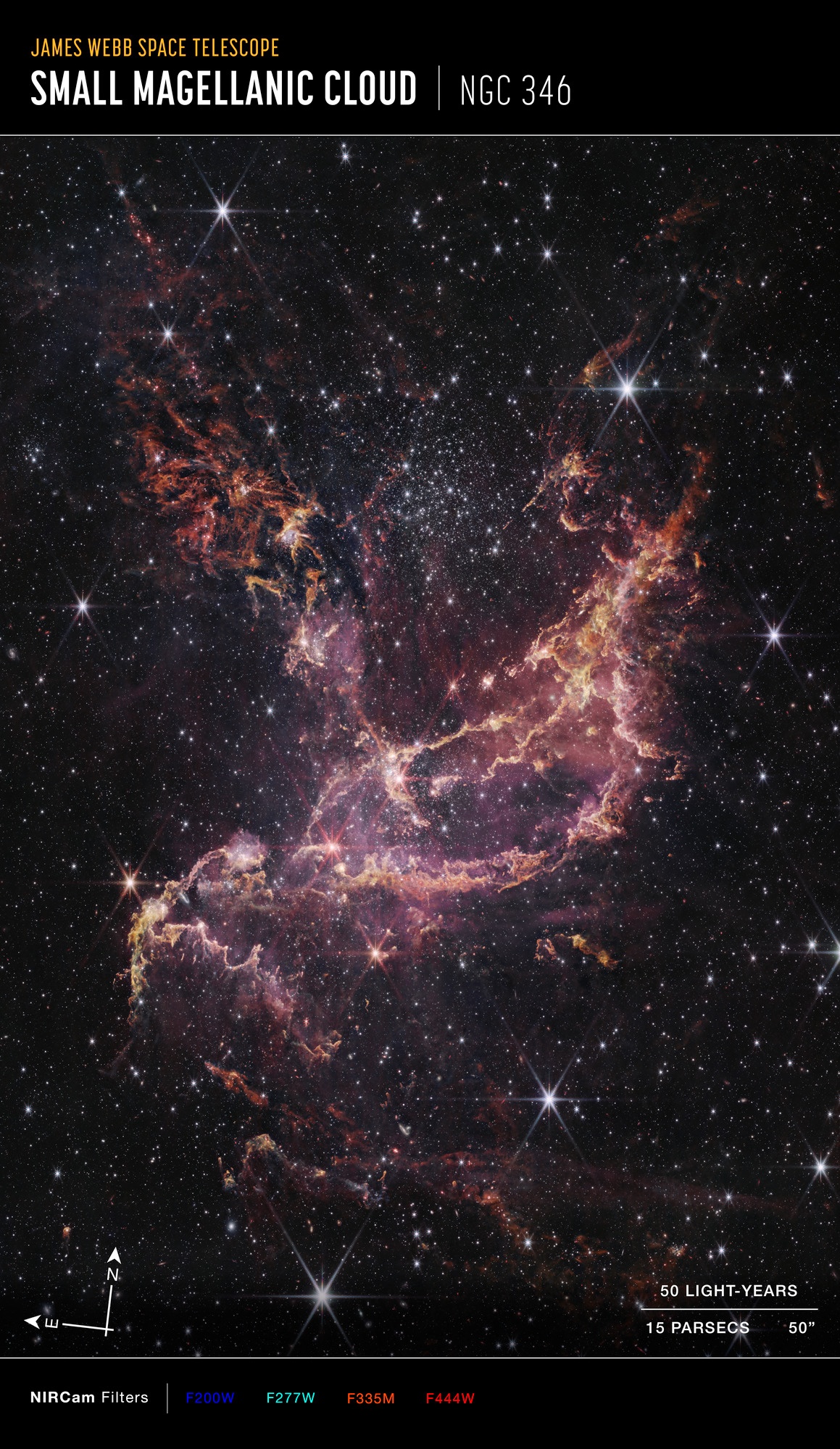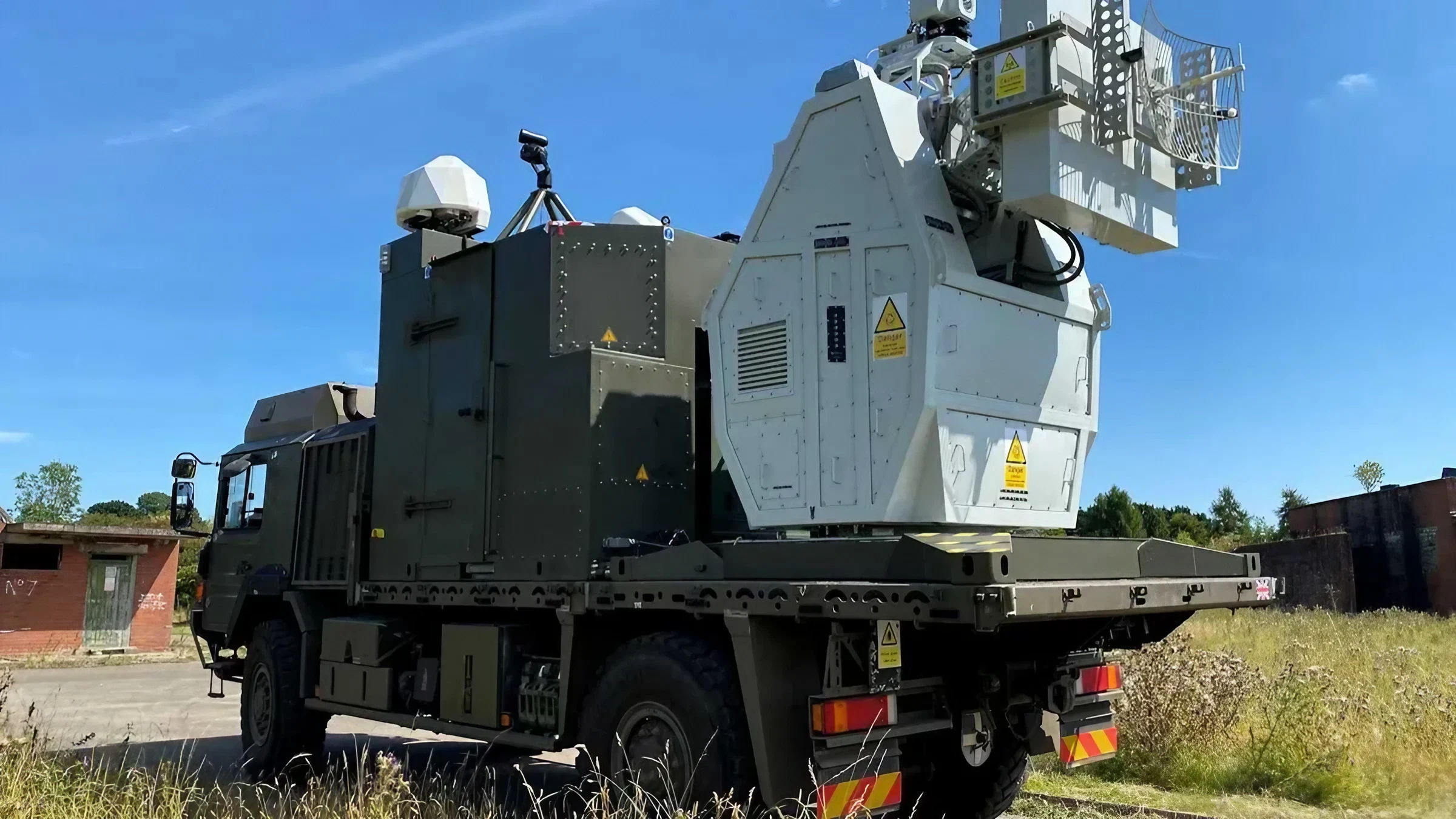There’s no mincing words: The forthcoming transition of United States presidential administrations is sending shockwaves through the climate advocacy community.
Many say that it highlights an almost definitive exponential increase in emissions. Carbon Brief suggests an additional 4 billion tons of emissions by 2030; the MIT technology review asserts this is an emissions trajectory we cannot afford. This would seem alarmist, except that the rhetoric has been matched with conservatives in the incoming administration calling climate change a “hoax” and claiming that climate scientists “have no idea what’s going to happen.” But even if the polarizing language seems to leave little room for discussion, an immediate urgency for climate adaptation, investing in resilience to the impacts of climate change amidst increasing disasters, is an area of potential consensus in a divided landscape.
To read the full story, visit The Hill Opinion.

Amy Campbell is a Fulbright Scholar in the Climate and Society Program at the Columbia Climate School.
Jeff Schlegelmilch is director of the National Center for Disaster Preparedness at the Columbia Climate School.
Views and opinions expressed here are those of the authors, and do not necessarily reflect the official position of the Columbia Climate School, Earth Institute or Columbia University.









Leave a Comment